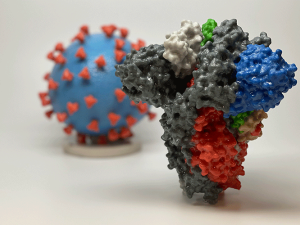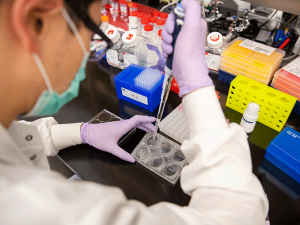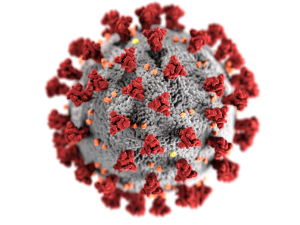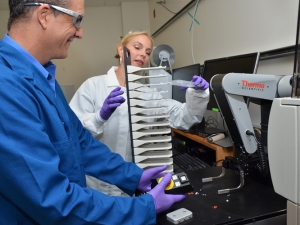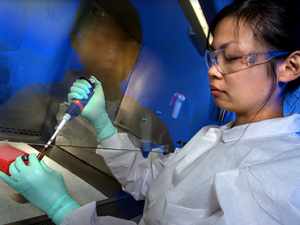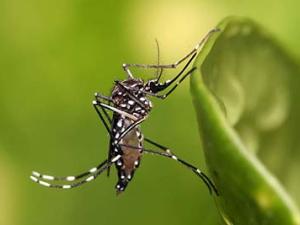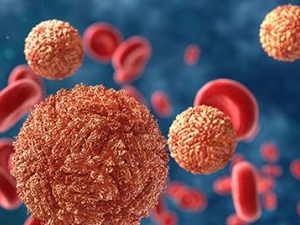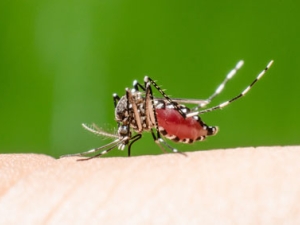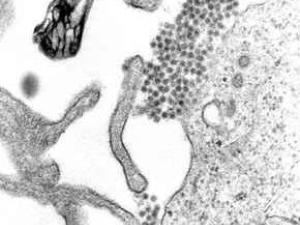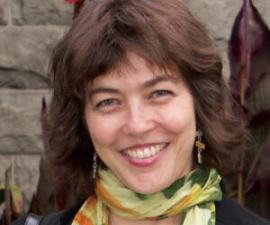

Research Expertise and Interest
public health, infectious diseases
Research Description
Research interests include: molecular virology, pathogenesis, and epidemiology of dengue, scientific capacity building in developing countries.
In the News
How a Viral Toxin May Exacerbate Severe COVID-19
New Inhaled COVID-19 Therapeutic Blocks Viral Replication in the Lungs
Berkeley-Led Study Identifies Human Lung Proteins That Can Advance or Thwart SARS-CoV-2 Infections
Scientists pivot to COVID-19 research, hoping for quick results to deal with pandemic
Berkeley Public Health launches new study to determine true spread of SARS-CoV-2 infections
Coronavirus: science and solutions
Prior dengue infection could protect children from Zika symptoms
Blood tests reveal broad extent of Zika infection
Study IDs viral protein that causes dengue shock, shows potential as vaccine
UC Berkeley scientists have identified a key culprit responsible for the fluid loss and resulting shock that are the hallmark of severe — and potentially fatal — dengue virus infections.
Study details how dengue infection hits harder second time around
One of the most vexing challenges in the battle against dengue virus, a potentially fatal mosquito-borne virus, is that getting infected once can put people at greater risk for a more severe infection down the road. A new study with UC Berkeley researchers details how the interaction between a person’s immune response and a subsequent dengue infection could mean the difference between getting a mild fever and going into a fatal circulatory failure.
